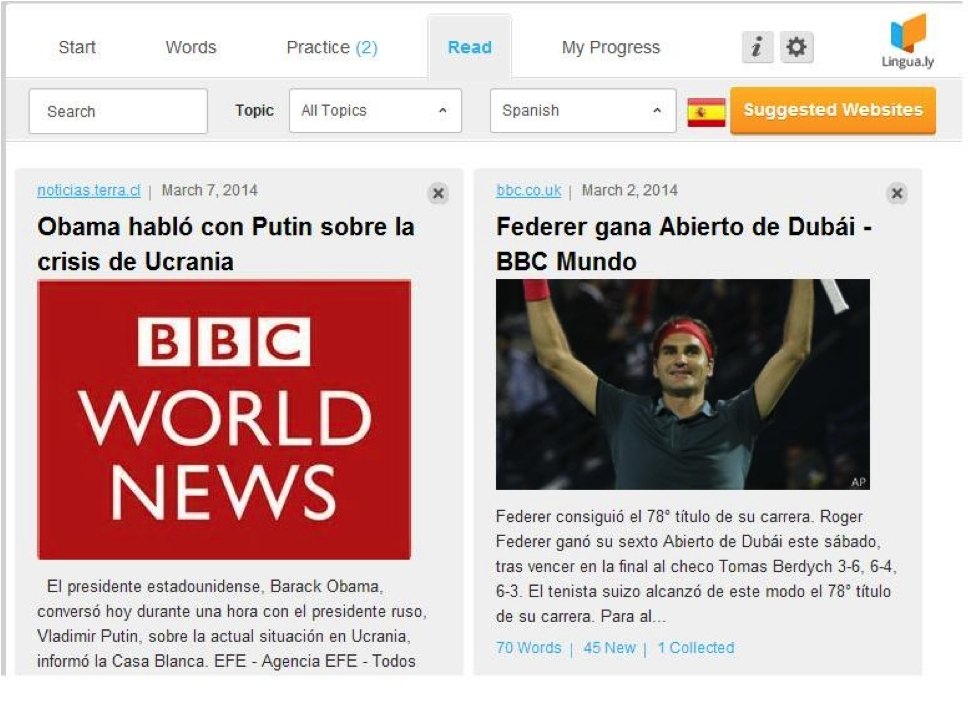Language Apps: The Best Way To Start Learning
What makes a language app effective? What features make it popular with users? How do you ensure its value to your business? Read on to learn more about the benefits of language learning apps. Despite the many benefits of these apps, some users find them frustrating. To overcome this issue, you should make your app fun and interactive.
Fun Features
Language learning apps are a great way to make traveling abroad a smoother experience. These apps encourage travelers to speak like a local by utilizing current expressions and phrases. Some have a slang slider that shows different levels of formality, so that users can adjust their phrases accordingly. Many are also divided into useful sections like grammar, conversation, and travel. While learning a new language can be tedious, some features are helpful and will keep learners interested.
Another important feature is an extensive library of stories. Learning games are a great way to engage children and make the process fun. Language learning apps with in-app reading assistants can reinforce the skills of children while also offering assistance when they get stuck. The app should support multiple users and have tracking features to make it convenient to manage progress and recommend appropriate levels of difficulty. Regardless of the platform, these apps will provide valuable feedback to improve language learning.
Convenience
Many language learning apps are designed to be extremely convenient and easy to use. This is due in part to the fact that they can be used whenever a learner has spare minutes. Short bursts of activity are an excellent way to build exposure to the target language and develop core vocabulary, reading comprehension, and listening skills. A well-designed app will also have an intuitive User Interface. In addition, language learning apps can be downloaded and used across multiple platforms.
Unlike physical books, language learning apps provide instant feedback and support for repetition. They combine teaching a language with audio or video clips, and some even integrate chatbots to reinforce learning. Some apps offer a community of language learners and push notifications to remind you to review and learn. This way, you'll be reminded of important concepts throughout the day. You can also use language learning apps to learn new words and pronunciation.
Peer-Reviewed Feedback From Native Speakers
Despite the claims of language learning apps, few people actually use these apps. They lack detailed explanations, productive language activities, and meaningful social engagement. Moreover, only a handful of articles refer to the discussion forums offered by Duolingo, where users can engage in freestyle writing practice and socializing with other language learners collaboratively. This design decision may indicate the developers focus on gamified competition, rather than collaborative reflection.
Another benefit of language learning apps is the ability to receive peer-reviewed feedback from native speakers. This feature is beneficial because native speakers will give you feedback based on how you use the language. It also improves your conversational skills, since you'll have the opportunity to learn from other native speakers. Some apps even allow users to submit their own writing samples for peer review. The native speakers can also comment on your writing and give you constructive criticism.
Accessibility
An accessibility framework, or UDL, is a set of principles for creating web-based services that are accessible to people with disabilities. In education, this is especially important because it helps educators anticipate and accommodate the needs of students with a variety of disabilities. However, despite these efforts, not all language learning apps are accessible to students with disabilities.
Another important quality of language learning apps is their ability to adapt to learners' learning styles. Some use a traditional approach while others use unconventional methods to cater to alternative learners. Some let you read the words on the screen while others allow you to hear the teacher explain the concept or listen to real-world examples of the language in action. Therefore, each app is best suited to a specific type of learner.









